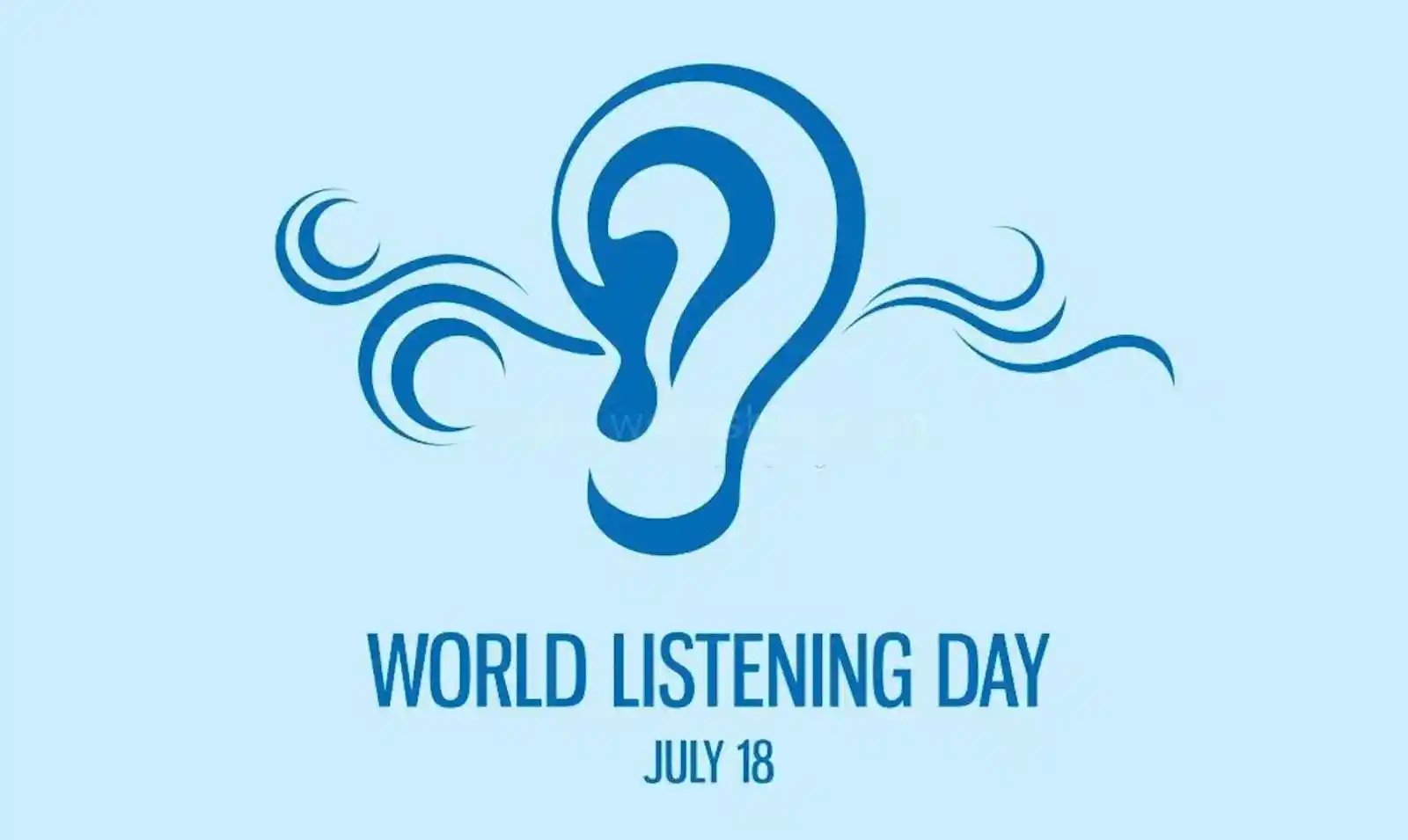Heed the Symphony of Nature on World Listening Day
The sounds of nature are heard but hardly listened to, which is a reason behind ecocide. To resolve this lack of regard by humans and to draw attention to acoustic ecology, soundscapes, and environmental awareness of the world, World Listening Day is observed annually on 18 July.

World Listening Day | Credits: Ewishes
Ancient mornings used to start with the crowing of a rooster followed by other birds. The splashing sound of water from the faucet, the rustling of brushing, the thud of a fallen soap, the rhythmic sound of taking water from the bucket and swashing on the body, the fastening of the zip, the chopping and slicing of the vegetables, the sizzling of the butter, the chirping of birds and the sound of wind overlapped by horns on the road, the clicking of the keyboard and mouse, and much more play an incredibly vital role in daily life. Imagining a day with the mute mode on is as insipid as watching a film protagonist dancing in the rain without music.
The awareness of acoustic ecology and its study started in the late 1960s. To understand and promote the relationship between humans and the environment, the World Soundscape Project (WSP encompasses the natural and man-made sounds around us) was formed by Canadian environmentalist and composer R. Murray Schafer. He was also one of the founders of acoustic ecology (the relationship between humans and the environment). Hence, his birthday is celebrated as World Listening Day since 2010.
"Talk less, listen more" is the motive behind this day. In the busy lifestyle of running and chasing, people rarely listen and inadvertently miss out on vital extracts. Listening gives not only comfort and solution to the speaker but also increases the knowledge of the listener. Listening calms the mind and soothes one's thoughts because of which many problems can be solved. It is also a proven fact that sound in the form of music in sound and music therapy can reduce stress, and helps in finding solace. Not only that, it also says that eating while listening to calm music actually resulted in the consumption of 173 fewer calories.
Listening day can be celebrated by doing field records, walking through the woods, or even visiting the beach. Quizzes on sounds of nature can be played by finding the recorded sounds of nature including sounds of different birds, water, and even street noise. Not only nature’s sound but also concerts are counted in the way of celebration.
Every year World Listening Day is celebrated with themes such as The Unique Earth, The Collective Field, Future Listening, Listening to the Ground, and Listening With. This day gives us a chance to observe the silence and divinity of listening by reducing our verbal noise. Interestingly, research says that women are better listeners as they use both their lobes to listen. To reduce noise pollution and to preserve the natural sonic environment, this year Practice less talking and more listening, creating a harmonical space.
Sound is the language of the environment. By promoting the art of mindful listening humans can enhance their relationships with the environment. A better understanding and deeper connection with the environment has a positive impact on our well-being. It is a day to recognize the power of the sounds that surround us. Celebrate this day and protect the rich tapestry of sonic experience for future generations.


